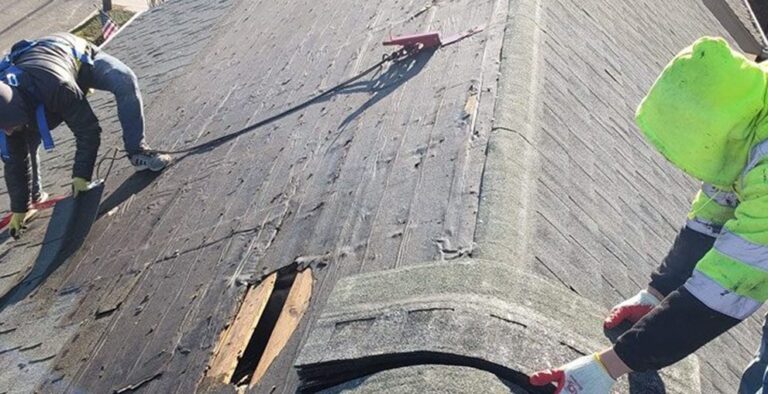What are the Risks of Using an Unlicensed Notary?
Using an Mobile Notary may seem convenient, but opting for someone without proper state commissioning carries serious hazards. Unlicensed individuals haven’t met training, bonding or background-check requirements, leaving signers exposed to invalid documents, identity theft, and legal penalties. Whether you’re at home, in an office, or meeting in public, relying on unverified notarization jeopardizes the enforceability of your agreements and can cost you time, money, and peace of mind.
Understanding the Role of Licensed vs. Unlicensed Notaries
A properly commissioned Hospital Notary Service undergoes state-mandated education and background screening. They purchase a surety bond, register an official seal, and maintain a journal of acts. Unlicensed providers bypass these safeguards. Without a verifiable commission, there’s no guarantee they adhere to identity-proofing standards or fraud-detection protocols. Consequently, notarized documents may be challenged or rejected by courts, banks, or government agencies.
Legal Implications of Unlicensed Notarization
State laws impose criminal and civil penalties for unauthorized notarization. An unlicensed individual who performs notarial acts may face fines, misdemeanor or felony charges, and civil liability for damages resulting from faulty notarizations. Signers unknowingly using these services risk having their affidavits, powers of attorney, real estate deeds, or loan documents declared void, potentially triggering costly litigation or business disputes.
Risk 1: Document Invalidity
When a document isn’t notarized by a commissioned professional, its validity is easily contested. Courts and title companies routinely inspect the notary’s commission number, expiration date, and seal impression. An unlicensed notary’s missing or incorrect credentials can render critical documents—such as wills, trusts, mortgages, and contracts—unenforceable. In real estate transactions, this may delay closing, incur re-notarization fees, or even derail deals altogether.
Risk 2: Legal Liability and Penalties
Both the signer and the unauthorized notary risk statutory penalties. Unlicensed practice can lead to fines up to thousands of dollars per offense, community service, and even imprisonment depending on state statutes. If a fraudulent notarization results in financial harm—say, unauthorized property transfers or identity theft—the signer may pursue civil damages. Worse, unsuspecting clients might be implicated in criminal investigations if fraudulent documents surface.
Risk 3: Fraud and Forgery Vulnerabilities
Licensed notaries are trained to detect warning signs of coercion, forgery, or impersonation. They verify photo IDs, check for document alterations, and ensure signers understand the contents. Unlicensed operators lack this expertise and legal accountability. This oversight creates opportunities for bad actors to exploit vulnerable individuals, steal identities, and forge signatures, leading to long-term financial and reputational damage for victims.
Risk 4: Insurance and Bonding Gaps
Commissioned notaries purchase errors-and-omissions insurance and a surety bond, which provide financial protection to signers harmed by negligent or dishonest acts. An unlicensed notary has no bonding requirement and typically carries no insurance. If something goes wrong, there’s no fund to cover damages. Signers must litigate against the individual directly—often a futile endeavor if the person is uninsured or insolvent.
Risk 5: Professional Reputation and Business Impact
Businesses that accept documents notarized by unlicensed individuals tarnish their credibility and risk regulatory sanctions. Financial institutions, law firms, and title companies impose strict guidelines on acceptable notarizations. Presenting documents with invalid seals or missing journal entries can prompt internal audits, compliance investigations, and reputational harm in the marketplace.
Mitigating Risks: Choose Wisely
Always verify a notary’s commission by checking the state notary directory. For on-the-go needs, engage a reputable Jail Notary Service or arrange a certified Emergency Notary Services visit. In specialized environments—courthouses, hospitals, or airports—opt for recognized providers offering transparent credentials and clear fee structures. If you need notarization during travel, an Airport Notary Services attendant with proper commissioning ensures compliance and validity.
Signs of a Licensed Notary
-
Commission certificate prominently displayed
-
Recorded journal of each notarization
-
State-approved seal or stamp with commission number
-
Clear fee schedule matching state guidelines
-
Availability of errors-and-omissions insurance or surety bond
Questions to Ask Before You Sign
-
Can you show your current notary commission?
-
Do you keep a journal of notarial acts?
-
Are you bonded and insured for errors?
-
What forms of ID do you accept?
-
How do you handle remote or emergency requests?
Conclusion
The convenience of on-the-spot notarization shouldn’t trump legality. Using an unlicensed notary opens the door to document rejection, criminal penalties, financial loss, and exposure to fraud. Always confirm credentials, insist on a bonded and insured professional, and leverage specialized services—whether in hospitals, jails, emergency settings, or airports—to safeguard your critical transactions. By choosing a licensed notary, you protect your legal interests and ensure your documents stand up to the highest standards of validity and enforceability.







